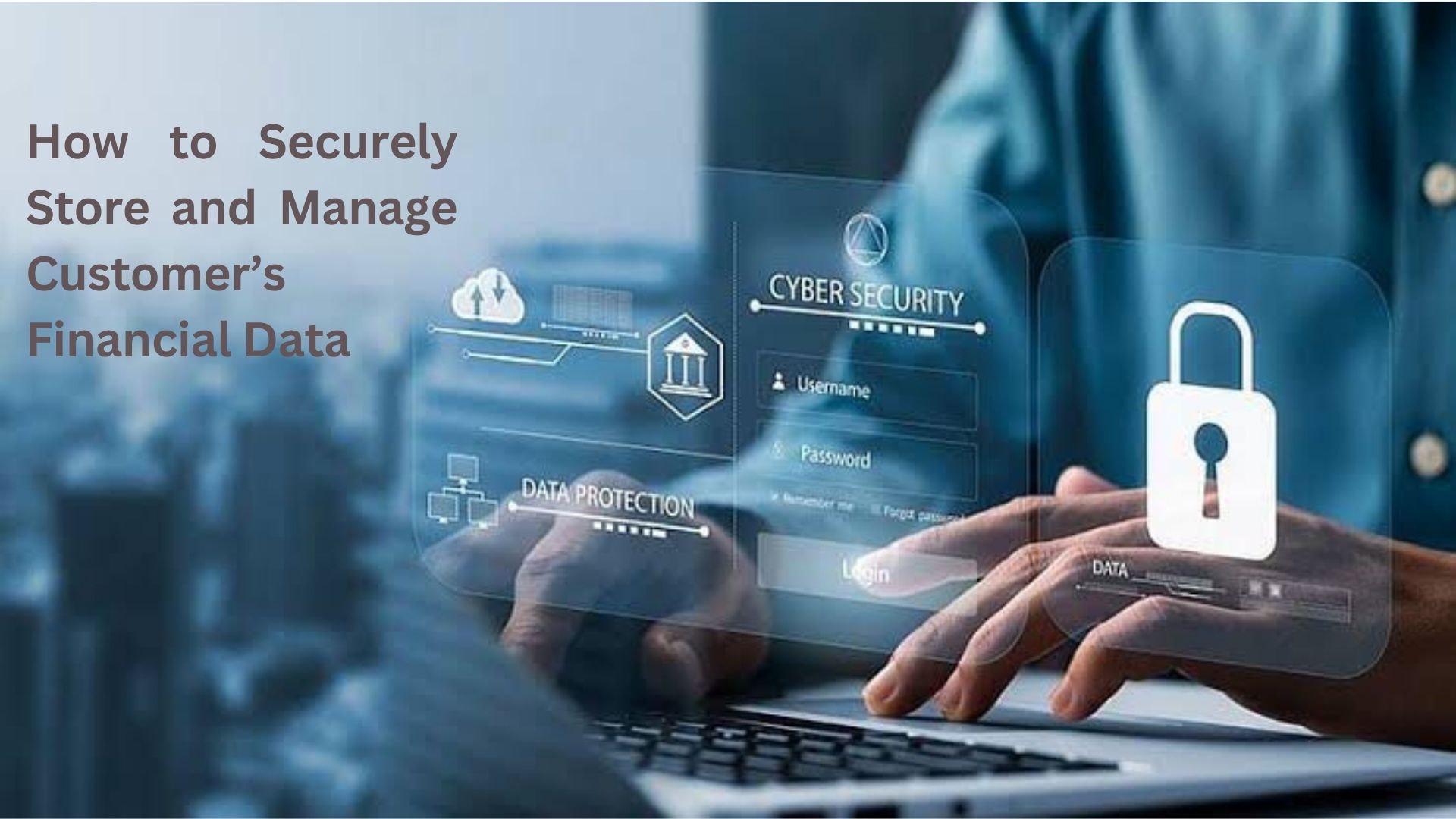To securely store and manage customer’s financial data in online payments in Pakistan, you should follow best practices for data protection and adhere to relevant regulations. Here are some steps you can take:
Encryption:
Implement strong encryption techniques to protect sensitive data during transmission and storage. Use industry-standard encryption algorithms and protocols to ensure the confidentiality of customer information. Encryption is an essential security measure used by financial service providers like PayPro to protect customers’ data. Encryption involves converting data into a coded form that can only be deciphered with the appropriate encryption key. This process ensures that even if unauthorized individuals gain access to the encrypted data, they cannot easily understand or utilize it.
Secure Network:
Set up a secure network infrastructure with firewalls, intrusion detection systems, and regular security updates to safeguard against unauthorized access and potential threats. Creating a secure network in Pakistan, or anywhere else, involves implementing various measures to protect against unauthorized access, data breaches, and other security risks. Here are some general practices followed to establish a secure network:
- Firewalls: Installing firewalls acts as a barrier between a trusted internal network and external networks, controlling incoming and outgoing network traffic based on predetermined security rules. Firewalls help prevent unauthorized access and protect against cyber threats.
- Intrusion Detection and Prevention Systems (IDPS): IDPS monitors network traffic for suspicious activity or signs of intrusion. It can detect and respond to potential security breaches, including malware infections, network attacks, or unauthorized access attempts.
- Network Segmentation: Dividing a network into separate segments or sub networks helps minimize the impact of security breaches. By segmenting the network, even if one segment is compromised, the damage is contained and prevents unauthorized access to critical systems.
Compliance with Regulations:
Familiarize yourself with relevant data protection and privacy regulations in Pakistan, such as the Pakistan Personal Data Protection Act (PDPA), and ensure your processes align with these requirements.
Payment Card Industry Data Security Standard (PCI DSS):
If you handle credit card information, comply with the PCI DSS, which provides a comprehensive framework for secure payment card processing. Use PCI DSS-compliant payment gateways to handle transactions.
Tokenization:
Implement tokenization to replace sensitive customer data with unique identification tokens. This helps reduce the risk of exposing customer financial information in case of a security breach.
Access Controls:
Implement strict access controls to limit the number of individuals who can access customer financial data. Use strong authentication methods like two-factor authentication (2FA) to prevent unauthorized access. When a customer needs to access their financial data, JazzCash uses the encryption key to decrypt the information and present it in a readable format through secure channels. This process ensures that only authorized users can view the sensitive data.
Regular Security Audits:
Conduct regular security audits and vulnerability assessments to identify and address any potential weaknesses or vulnerabilities in your systems and processes.
Employee Training:
Educate your employees about data security best practices, including the importance of protecting customer financial data and how to handle it securely. Implement strict guidelines and protocols for data handling and train employees accordingly.
Data Breach Response Plan:
Develop a comprehensive data breach response plan that outlines the steps to be taken in the event of a security breach. This includes notifying affected customers and relevant authorities promptly.
Third-Party Vendors:
If you use third-party vendors or service providers, ensure they also follow robust security practices and comply with applicable regulations. Perform due diligence when selecting vendors and include security requirements in your contracts.
Remember, cyber security is an ongoing process, and it’s important to stay updated with the latest security practices, technologies, and regulatory changes to protect customer financial data effectively.




